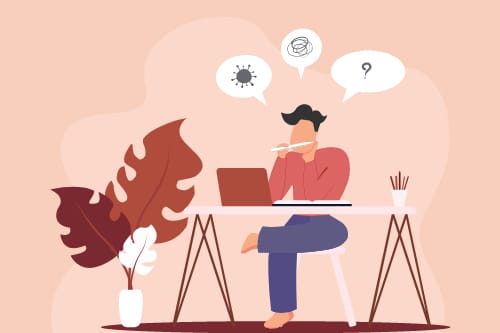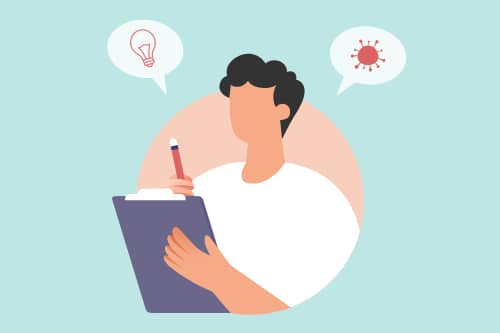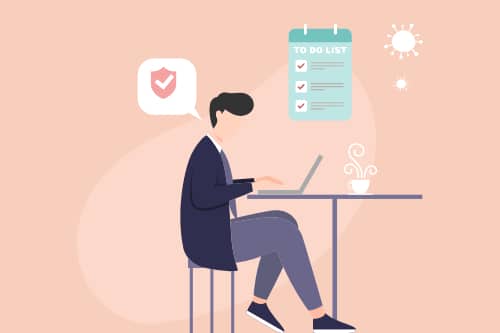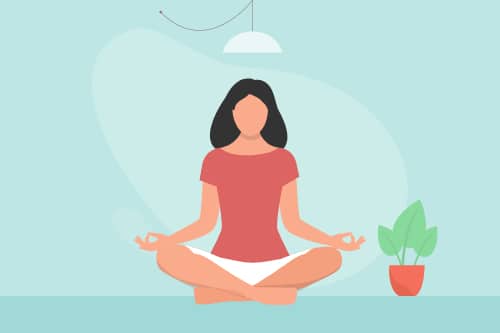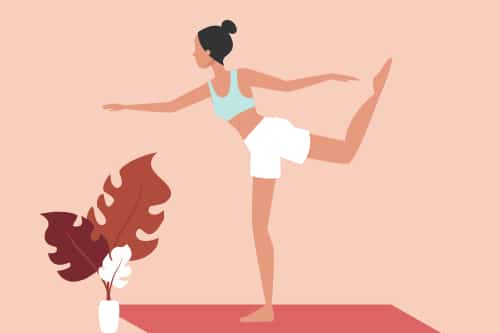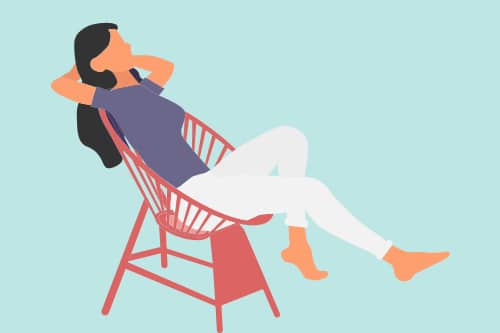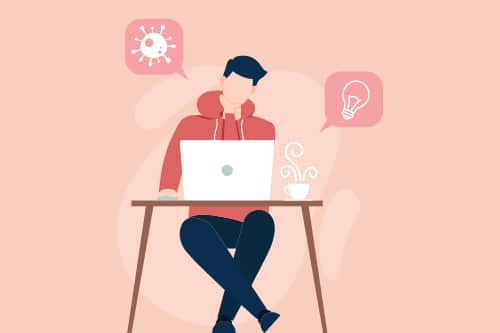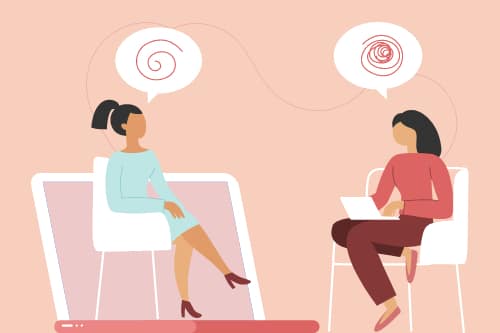How to Work Through the Fears of Post Lockdown
Summary: As the country prepares for the third wave of COVID-19, we explore how to work through managing the anxieties it brings. Transitions can be overwhelming. This article gives practical ways you can work through the ambiguities of COVID-19 and re-integrate into the post lockdown life.
Introduction
The pandemic has turned the world upside down. The first two waves have left people completely drained; physically, mentally, and emotionally. The struggle is real.
The second wave consisted of endless anxiety, fear of the unknown, and loss of hope. We experienced collective grief and sorrow. There was unease with the rising cases, lack of medical facilities, and poor enforcement from the system. People are still struggling with the unrest related to vaccination which has caused widespread disappointment and agitation.
As we are gearing up for the next wave, there is a lot of fear and worry about the continuation of the toll it is causing. More so, there is confusion about how things will be when the country re-opens.
The Post Lockdown Worries
There are many worries relating to how things will be when the country starts opening up. The new normal is going to be different. We may see some wearing masks while others not. Going back to meetings with others can be both exciting and nerve-provoking. During interactions with others, there may be a lingering concern about the safety measures the other person would be following. Public places may not be the same for a while.
Social worries and anxiety may seem to go on a rise. Given that isolation has been there for more than a year – our social skills may have become impaired. Interacting with others physically may seem awkward initially. Going to social gatherings or even shopping offline would be a different experience. The work dynamics would be starkly different. Switching back from virtual meetings, where we had an option of going on mute to in-person meetings. Giving in- person presentations after a year long of webinars. Handling conflicts in real time, face to face without hiding behind the screen.
Businesses have a tension on how to get finance and the organisation/shops running. While the system is wondering how to regulate the flow of individuals by keeping the heath measures in check. Here are some of the common concerns that have been running through most minds:
- How will one ensure that proper safety measures are being followed by everyone?
- How will companies adapt and switch back to the new normal style of working?
- Will schools ensure the safety of the children? How will teachers resume and cover up the social skills lost by the students?
- How will socialization look in the new normal?
If you have similar concerns, you are not alone. These are valid questions and important matters that need to be addressed.
Worries overtaking your mental peace? Connect to a psychologist here!
What to Look Forward to Post Lockdown?
There are many concerns but there is also a ray of hope. The new normal might come with its set of challenges, but it also will allow us to reconnect with each other. Meeting friends and family, and the ability to travel (almost) freely is definitely something most people are looking forward to. Stepping out of the walls of your home may be beneficial for physical and mental wellbeing.
After more than a year-long of virtual communication, individuals are eager for physical interaction & engagement at workplaces, taking breaks and stepping outside, catching up with others after a hectic day of work is just a few of the things that shed a light on the positives of the new normal. For home workers, it will open back the opportunity to work in a less hectic and stress-induced environment. Students will be able to indulge in play, games, and fun interactions with their peers. This will also reduce the additional responsibilities of being a co-teacher that parents had to take up.
Working Towards Integration of the New Normal Post Lockdown
Stepping into the new normal with adequate preparation can be beneficial both physically and mentally. Here is a checklist to help you prep:
#1 Prepare in advance
If you are planning to step out for either work, leisure or chores, look up at the safety guidelines to be followed at the place and for yourself. Have a conversation with individuals at home so that their fears are catered to too. If you find socializing awkward, talk about it with others. Normalizing the uncertainty and weirdness can help create a collective sense of discomfort we all may be undergoing.
#2 Learn relaxation techniques
Belly breathing, grounding and other relaxation techniques are helpful to reduce anxiety and assure the body that you are safe. Practicing it daily in a calm environment to assist your body to get used to it. This can help to spring up these techniques during a distress or anxiety-provoking situation.
#3 Engage in simple physical exercise
Stepping out with zero physical activity for long periods of time can make your body feel exhausted, leaving you feeling low and let down. Prepare yourself by doing some form of exercise and movement to avoid fatigue that you may face.
#4 Pace it out
As soon as things are open, there may be an urge to fulfill all the things you missed upon. It may be eating in a restaurant, catching up with friends or finishing all the pending tasks. It’s important to take it step by step to avoid feeling drained or panicked.
#5 Create a schedule to balance your online and offline engagements
Shifting solely to offline engagements after getting used to virtual mediums can be cumbersome. Take steps to ensure that you are ready for the shift. Give yourself enough time to adjust. Speak to your HR if flexi-working style can be possible to help you adapt.
#6 Self Care & routines
Pandemic created space to focus on oneself and sit with your thoughts and emotions. It also provided some of us to focus on self and create routines to support overall health. As much as possible, keep 10-20 minutes aside to continue such activities you created for yourself.
#7 Connect with a psychologist
Mental health professionals can guide you to transition to post lockdown life easier. They create a supportive space and help you work through your worries or thoughts, which may be creating a barrier.
Conclusion
The future post lockdown may seem uncertain and frightening. There are a lot of things to look forward to while keeping in mind the safety of everyone. Preparing yourself beforehand can help you mitigate the impact of them on your overall health.
Also Read:
Mental Health Toolkit for COVID-19 Recovery
Frequently Asked Questions (FAQs)
A. The pandemic impacted everyone in so many ways. It is normal for worries related to the future to arise. One worries about the future because it seems uncertain. One way is to focus on things that are in your control vs things that may not be. For example, following the safety precautions even after the pandemic and keeping others around you safe too.
A. It’s understandable that you feel scared. Social skills have been out of practice for a longtime now. Our brain can easily recollect the skills with a little bit of practice. Start with connecting with people you are most comfortable with for short periods so you rebuild the confidence.
A. Evaluate how your every day will look after everything re-opens. Slowly give your body the permission to re-adapt to the situation. Set up a flexible layout of how your day looks. Work with your coach to see how you can integrate your health to the day. Remember to take it one step at a time.

